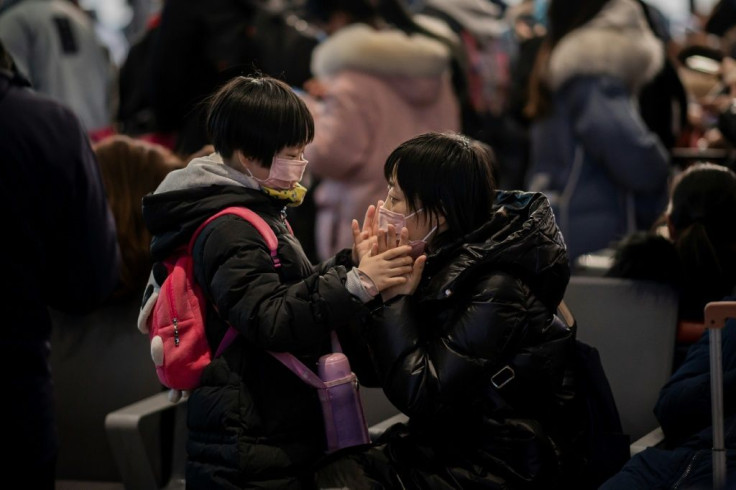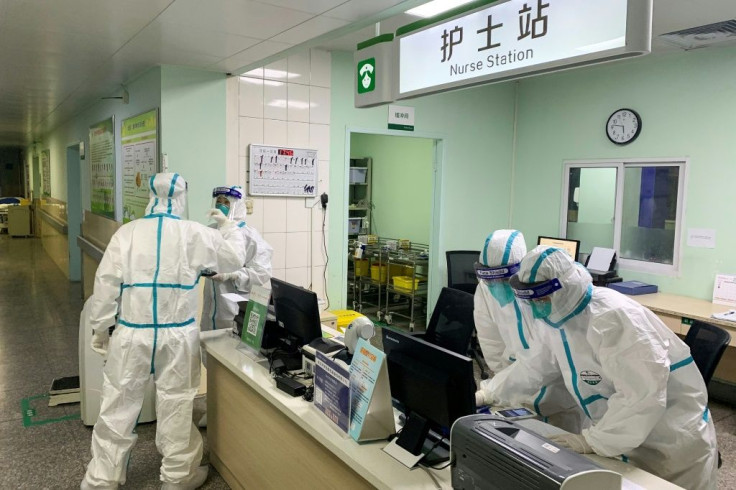Coronavirus Update: Trump Says nCov A 'Very Small Problem' In US Despite Global Health Emergency

KEY POINTS
- Trump calls the coronavirus outbreak a “very small problem in this country”
- He says U.S. officials believe “we have it all under control"
- The U.S. Centers for Disease Control and Prevention (CDC) earlier confirmed the first human transmission of the virus in the U.S.
President Donald Trump downplays the severity of the fast-spreading Novel coronavirus (2019-nCoV) outbreak despite it being declared a global health emergency by the World Health Organization (WHO). Cases of the new coronavirus have been reported in at least 19 countries and territories, including the United States, since the outbreak began in late December 2019.
Speaking in Michigan, Trump predicted “a very good ending” for the United States in an outbreak that's killed 213 people and sickened 9,480 others as of late Thursday evening, according to official Chinese government data.
“We are working very closely with China and other countries, and we think it’s going to have a very good ending for us, that I can assure you,” said Trump.
Trump also said U.S. officials “have it all under control." He then went on to describe the outbreak as a “very small problem in this country.”
Despite these words of unconcern, Trump later tweeted photos of himself attending a meeting of the newly organized federal task force that will monitor, contain and mitigate the spread of the coronavirus in the country.
Surprisingly, Trump made his remarks hours after the U.S. Centers for Disease Control and Prevention (CDC) confirmed the first human transmission of the virus in the U.S. Trump's statements also came after WHO declared the fast-spreading outbreak a global health emergency.
Person-to-person transmission of this highly contagious coronavirus has been confirmed in the U.S. It's also been reported in Taiwan, Vietnam and Japan. As of Thursday, six people in the U.S. have been diagnosed with the coronavirus: two in California, one each in Arizona and Washington state and a husband and wife in Chicago.
CDC director Dr. Robert Redfield said the risk to the U.S. public from the Wuhan coronavirus (as 2019-nCoV is also called) "remains low." CDC also said it's not necessary for the general public to wear facemasks that help control the spread of the disease.
In declaring the grave 2019-nCoV outbreak a global health emergency, WHO has branded this disease an international threat requiring a coordinated international response. WHO defines a global health emergency as an “extraordinary event” that is “serious, unusual or unexpected.”
“Over the past few weeks we have witnessed the emergence of a previously unknown pathogen which has escalated into an unprecedented outbreak and which has been met by an unprecedented response,” said WHO director-general Tedros Adhanom Ghebreyesus. “We must act together now to limit the spread.”

© Copyright IBTimes 2025. All rights reserved.





















